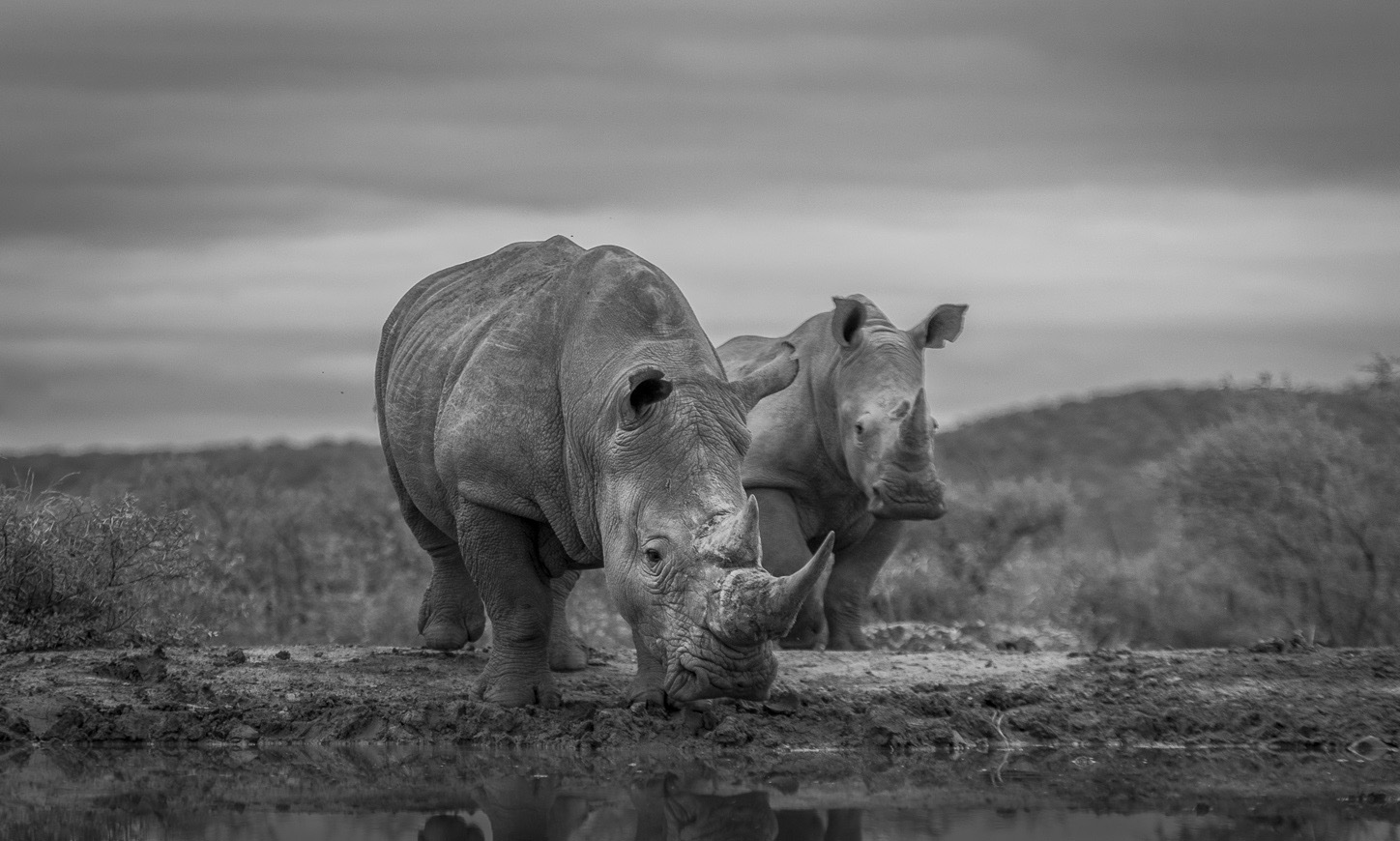
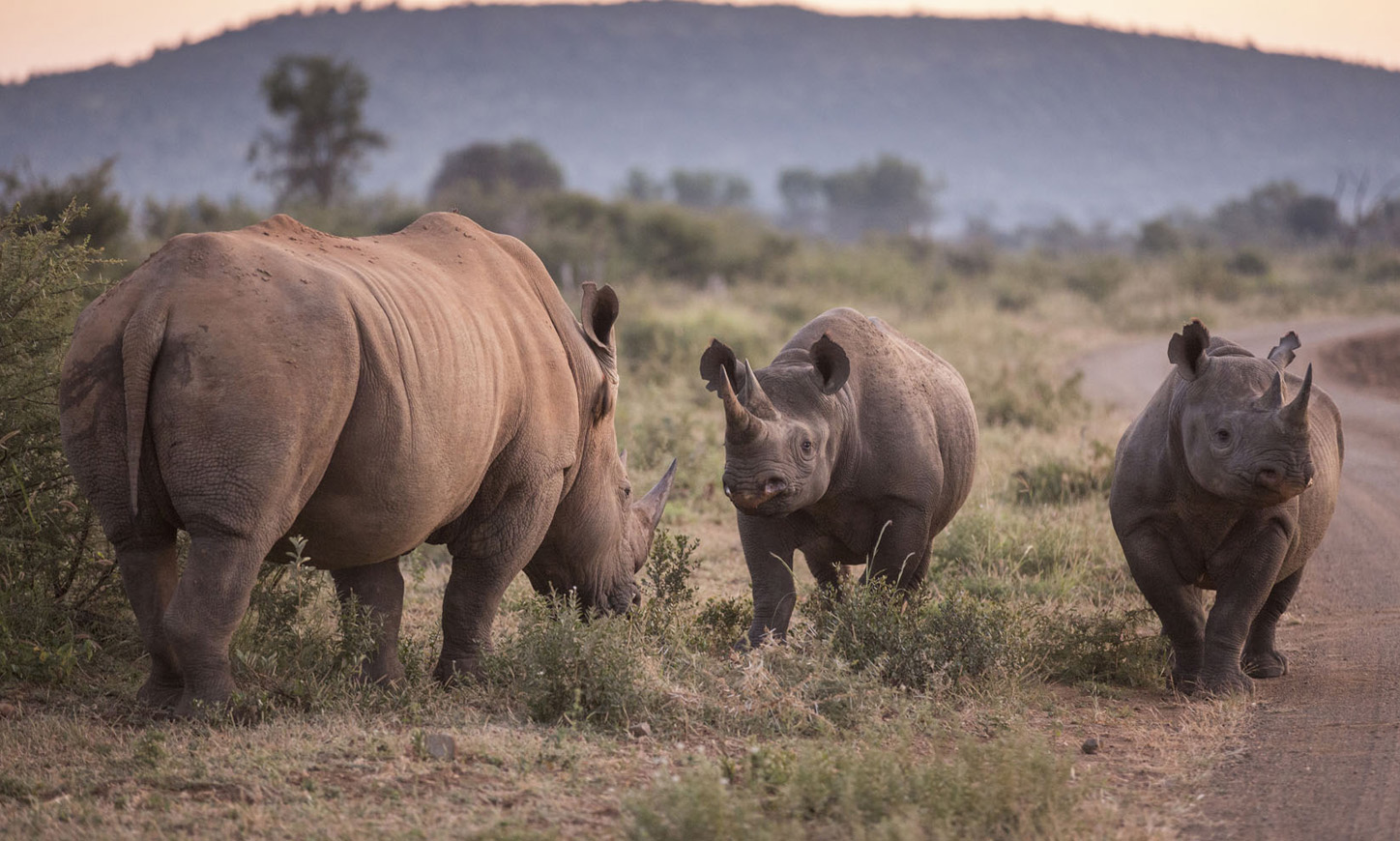
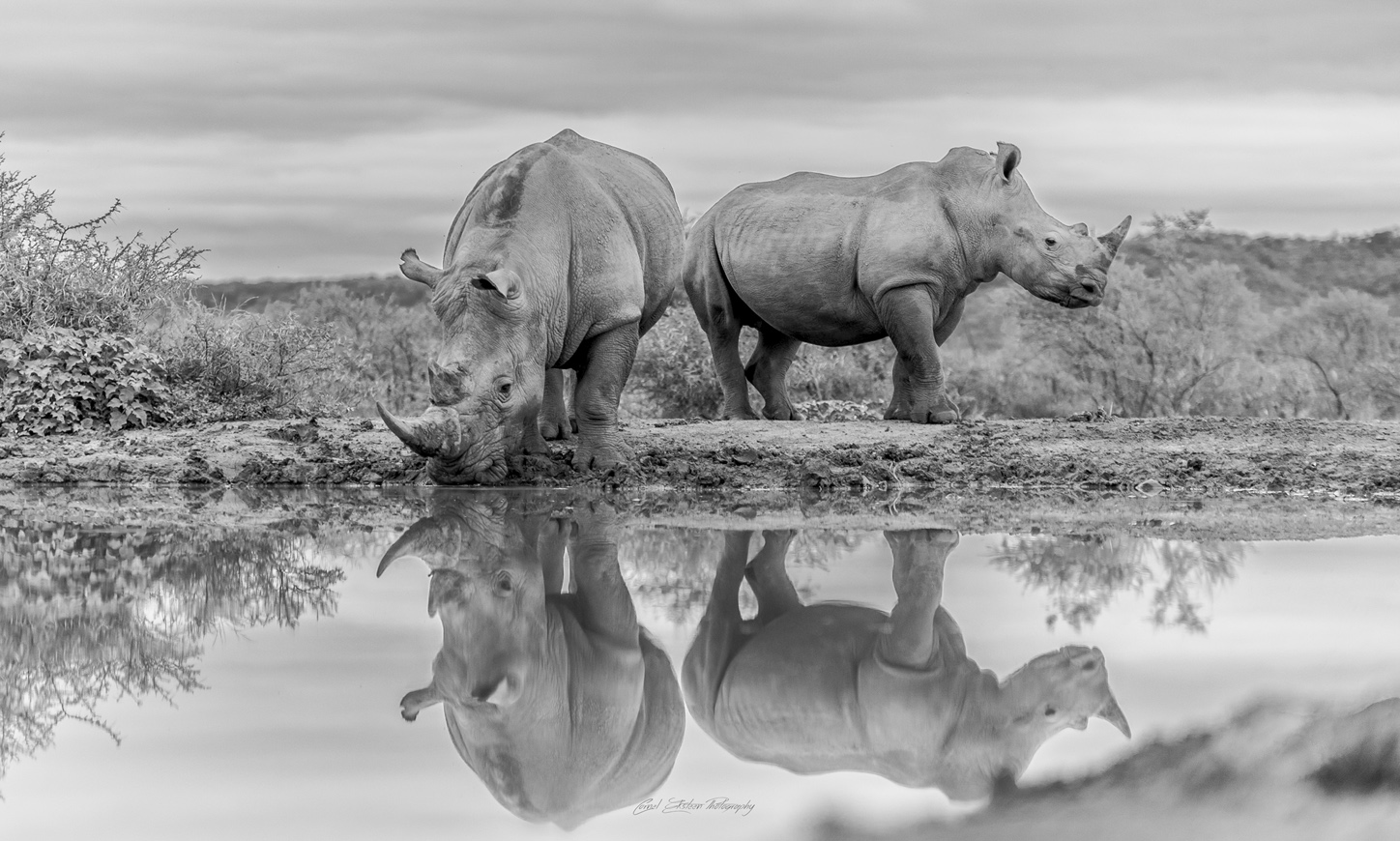
Project Rhino was launched on World Rhino Day, 22 September 2011. It is a rhino-focussed association that brings together a provincial government conservation body, private and community-owned reserves, rhino owners, leading conservation NGOs and anti-poaching security specialists in the common aim of fighting wildlife crime.
Together with South Africa’s Kruger National Park, Project Rhino member reserves are collectively responsible for the protection of the world’s largest rhino population; as well as the most genetically diverse white rhino population. Devastatingly, our rhino have become a target for highly organised poaching rings and crime syndicates, fuelled largely by an ongoing and unfounded demand by traditional Eastern medicine. Rhino numbers have plummeted – more than 8,000 have been lost in RSA in the last decade – whilst the costs of keeping the remaining populations safe have increased astronomically.
Project Rhino initiatives range from urgent anti-poaching and wildlife crime interventions, to a long-term outlook focused on developing empowered communities who own, manage and protect the Conservation Economy.
Project Rhino’s Four Pillars of Support
The Project Rhino platform ensures that efforts to protect white and black rhino populations are coherent and avoids duplication of work. It collaborates with anti-poaching and wildlife economy initiatives throughout southern Africa to share strategies and best practices. Project Rhino follows a four pronged approach:
Co-ordination Unit:The team that keeps the engines running: 1) mobilising stakeholders; 2) gathering and synthesising anti-poaching intelligence; 3) prioritising needs; and 4) sourcing funds and donations. Without effective coordination, we would see a disjointed and dysfunctional response to wildlife crime – resulting in higher poaching numbers.
Ranger and Technical Support: Direct training equipment support to rangers, anti-poaching technologies, dehorning interventions, equipping and supporting the K9 and Equine units, and the ZAP-Wing aerial surveillance unit, including the lease and support costs of the airfield at Hluhluwe, northern KZN.
Wildlife Youth & Leadership Development (WYLD): Interaction and education of youth and wildlife communities through Rhino (Wild) Art, Youth Camps, Leadership Forums, World Youth Wildlife Summit and others. Helping to build our current and future conservation champions through supportive platforms.
Conservation Economy and Enterprise: Supporting livelihoods by building a network of responsible use landscapes that provide opportunities for local job creation and small business development, including permaculture food gardens.
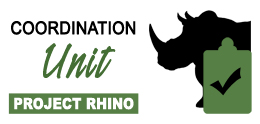
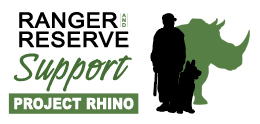
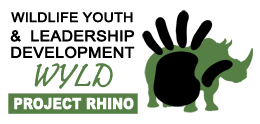
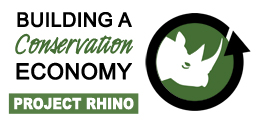
The Project Rhino collaborative recognises that the work in conserving and protecting rhinos from the threat of poaching is symbolic of the broader threat faced by all wildlife and that all wildlife will benefit from actions taken by Project Rhino.
Take the plunge for a purpose!
Join the Oceans 8 Charity Swim in Durban from 14–16 June 2025 – South Africa’s only warm-water ocean challenge exclusively for charity. Swim 1, 8, or 16 miles and help raise funds for 14 incredible charities.
Are you ready to go the extra mile? We’re looking for Project Rhino Champions to take on the challenge in 2025! Choose to tackle 8 or 16 miles over two days, and help raise vital funds for conservation and anti-poaching efforts. Sign up below.

